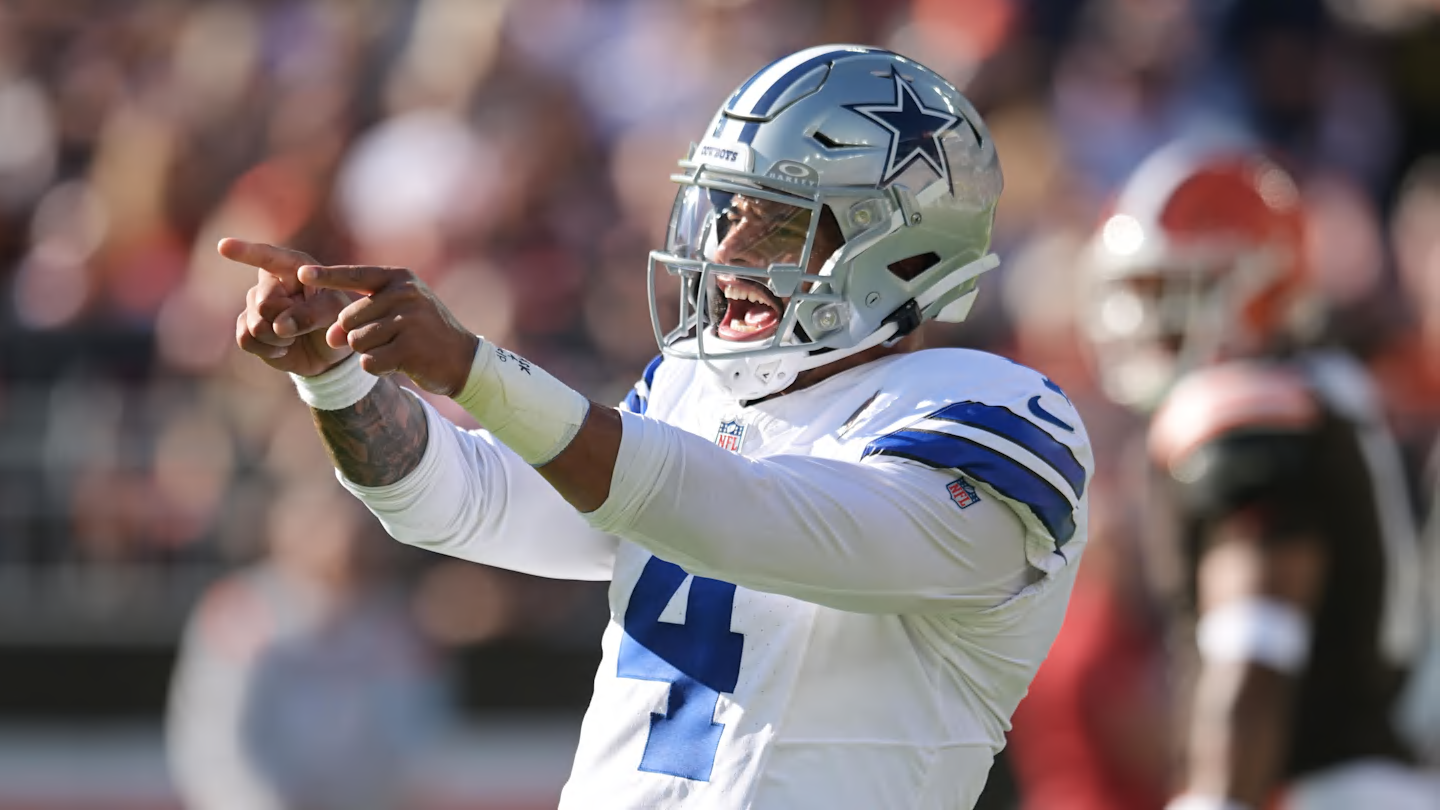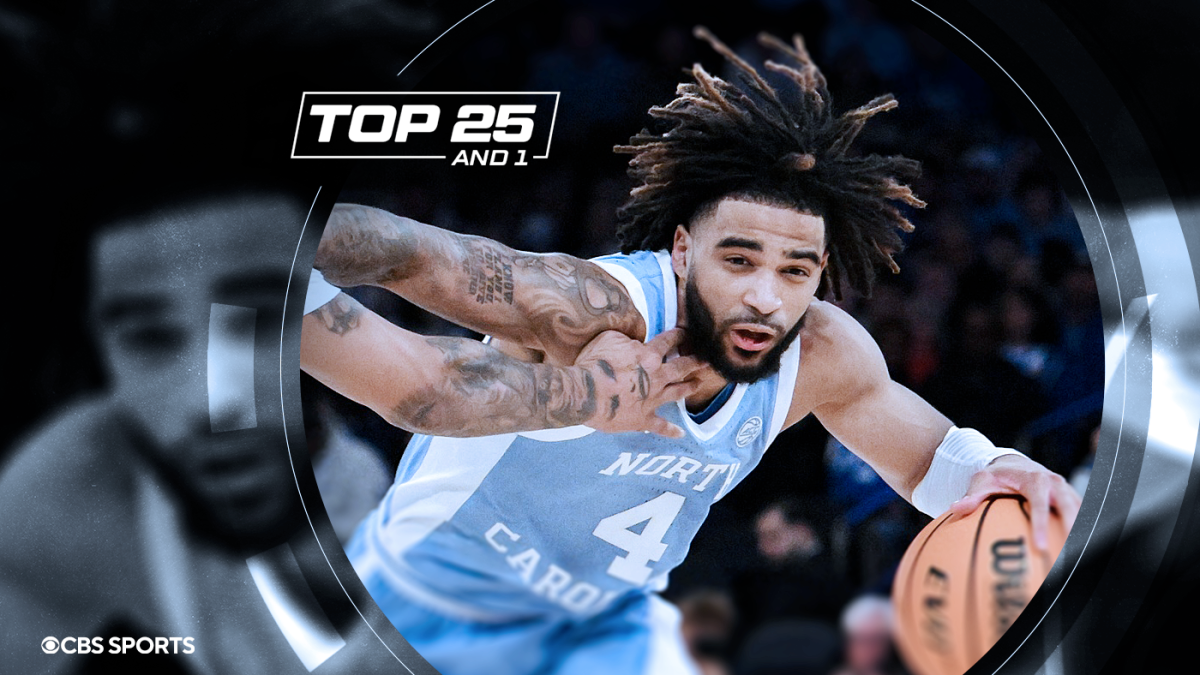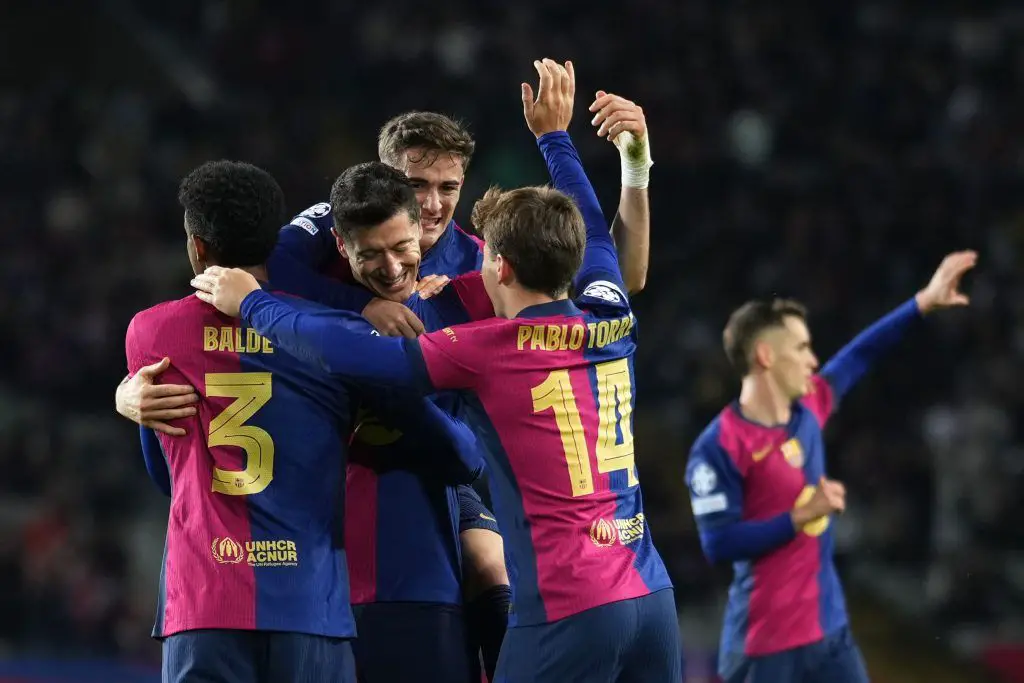Bussiness
Stephen Jones: ‘Zero’ Frustration as Cowboys Separate Business from Football

Dallas Cowboys chief operating officer Stephen Jones was fresh off the plane from Ohio after his team spent the afternoon suffocating the Cleveland Browns in a 33–17 win, and wanted to offer up a bit of a correction. He knew the narrative I was pushing—and he wasn’t having any of it.
The NFL offseason is over and—to all of us on the outside—it sure looked like this summer was a lot for America’s Team. CeeDee Lamb wasn’t at training camp in Oxnard, Calif., holding out for a new contract. Dak Prescott attended camp, but also found himself in a contract year, and with a freeway to free agency next spring that starting quarterbacks rarely enjoy. Coach Mike McCarthy’s deal was in its final season, too, and Micah Parsons was eligible for a new deal as well.
If you’re counting at home, that’s arguably the team’s three best players and its head coach.
But the Joneses, now in their 36th season running the Cowboys, aren’t you at home. And over those years in the league, they’ve learned that the sorts of things they went through aren’t just part of the business of pro football. They are the business of pro football. So when I asked about the job McCarthy did in navigating all of it the past two months, Jones politely bristled at the idea.
“He was outstanding, but there’s no ’navigating,’” he says. “You and I will disagree on that. There’s no navigating. At the end of the day, this is a business. Every year you’re going to have it. [The] year before was Zack [Martin]. [The] year before that, someone else. Next year, there’ll be someone else. If you don’t think this is part of your job, then you’re naive. There’s no navigation in my mind. Now, I think Mike did a great job of preparing our team for the Browns, if you want to ask me that.
“But it’s not that a player’s not there or a player’s working on their contract. I mean, that happens all around the league and to a lot of teams. And, by the way, the better you are, the more it happens.”
Fall is here and, as Sunday emphatically showed, so are the Cowboys.
Over the first 30 minutes of their season, the quarterback who landed a four-year, $240 million extension earlier in the day, hours before kickoff, threw for 156 yards and a 104.5 rating on 14-of-21 passing. The receiver who missed all of camp, and wound up landing a four-year, $136 million extension, had a game-high four catches and 58 yards at that point. And thereafter, things were well enough in hand that Dallas leaned a bit more on the run game and the defense to cruise to a win that was easier than anyone figured.
So did the rest of us make too much of all of the perceived drama in Dallas the past three months? This was, of course, just one game. But that one game would indicate that, yes, we did.
Week 1 is nearly in the books—big one tonight to wrap things up in Santa Clara—and there’s a lot to cover. Over in the takeaways, you’ll find …
• Sam Darnold’s level-headed approach on his own long journey back to MetLife Stadium.
• Jerod Mayo on pulling a massive upset in the New England Patriots’ first game A.B. (After Bill).
• Matt Eberflus on Caleb Williams’s Chicago Bears debut.
• J.K. Dobbins on the Jim Harbaugh Los Angeles Chargers.
And a whole lot more. But we’re starting with what the Cowboys proved on the second Sunday in September in Northeast Ohio.
So that thing about not having to navigate anything?
I thought it was interesting because it sure did look like McCarthy had a lot on his plate this summer. But after talking to Jones, I was reminded of McCarthy’s own thoughts on that after he and I spent an hour or so together at camp—and completely independent of what Stephen said to me just before midnight on Sunday. McCarthy’s thoughts, really, were mostly the same, even though he had a contract situation of his own.
“The biggest thing in my position is to make it clear to everybody that it is a business situation,” the coach said. “All of us have contracts, and it happens. I just learned this at a young point in my head coaching career in Green Bay—if you put any more energy into it, then you’re probably wasting time thinking about things that you can’t control. Because you can’t control it. I’ve never really gone sideways with it.
“What I found is the individuals that are going through the contract situation, you’re almost apologetic about it. But you’re in this position for a reason. It’s between the employer and the employee. It’s part of our everyday business. Going through it 17, 18 years ago [for the first time], you learn that it’s really part of the ride here.”
So bumpy as it may have seemed, the Cowboys were ready for it.
They also understood that, because of who they are, everything would be magnified. As Jones was quick to point out in our conversation, the San Francisco 49ers and Cincinnati Bengals (both considered Super Bowl contenders) had similar circumstances in July and August. But Dallas’s were higher profile, mostly because, well, they’re the Cowboys.
It’s why the Cowboys are the world’s most valuable sports franchise. It’s just the reality of the fishbowl they’re in, for better or for worse.
Another reality the Joneses accepted this offseason? As much as they’d have loved to have had Lamb or Prescott signed before they got on the plane to California for camp, they couldn’t just snap their fingers and make that happen. The quarterback market was complicated by deals for Jordan Love, Trevor Lawrence and Tua Tagovailoa, and the receiver market was stretched by Justin Jefferson, who also impacted what the team, eventually, will do with Parsons.
Bottom line: It wasn’t going to be easy. They knew it, and that’s why, when I asked if they were ever frustrated, Jones came right back at me.
There is zero frustration. “I mean zero frustration—zero. That’s the nature of the business; things get done at deadlines. That is just part of the nature of the beast.”
– Cowboys COO Stephen Jones
“That’s not right. There is zero frustration,” he says. “I mean zero frustration—zero. That’s the nature of the business; things get done at deadlines. That is just part of the nature of the beast. You can look at a lot of good teams around the league. San Francisco had their share. Cincinnati has their share. It doesn’t bother us. I mean, it’s not frustrating.
“It bothers media, who want to make a story. It actually gives y’all a lot to write about. So that’s actually outstanding, y’all got something to talk about.”
Jones laughs, then adds, “We don’t worry about it.”
The way the Cowboys looked Sunday, you can understand now why there might have been a little confidence—and less worry—about working out deals for Lamb and Prescott.
Prescott was sharp. Lamb was in shape. McCarthy ran a clean operation.
Distractions? This didn’t look like a team with many.
“We’ve had high expectations,” Jones says. “And everyone wants to make a big deal out of something, because training camp can get boring. … That’s just the process. It was the last thing on our mind [Sunday]. I think the biggest unknown was how Zim [DC Mike Zimmer] would do, how the guys would respond to him.”
Consider that box checked, too.
While the offense was smooth and efficient in the first half in Cleveland, the defense was smothering—under Zimmer, who’s been through a lot over his two years out of football, and who’s always been beloved within the Cowboys organization, having worked there from 1994 to 2006.
The Browns managed just 54 yards on 22 first-half plays, and crossed midfield once on their first eight possessions. Deshaun Watson looked lost against Zimmer’s very multiple scheme. Ball-hawking corner Trevon Diggs, coming back off an ACL tear, registered Dallas’s first interception of the season off him in the second quarter. Parsons was a menace, per usual, with a sack and five quarterback hits, and Eric Kendricks (who captained Zimmer’s Minnesota Vikings defenses) and DeMarcus Lawrence looked reborn, with two sacks apiece.
You could say, in fact, that this looked like a team that compartmentalized all of the summer’s distractions. Prescott and Lamb, in particular, were exceptional in that regard, given that the noise stemmed from their own individual situations. But then, you’d be falling into the trap again.
The Cowboys, for their part, contend that, through it all, they knew the guys would be able to separate business from football, which is part of why they felt good about paying them.
“I think you can tell Jerry and I have zero consternation over it and I don’t think our coaches had much. And I damn sure don’t think our players had much.”
Stephen said that, for all the hand-wringing, there were a couple of one-on-one “visits” (his word) he had with Prescott, and a couple more his dad had with the quarterback that the Cowboys took as good signs that a deal would get done.
“We felt like there was a path,” Jones says.
And now, having gone down that path, Prescott’s performance in the opener is only more validation that all of the football work that needed to get done this summer got done.
“As [Prescott] likes to say, his feet are where he is,” Jones says. “He made it known to us he wanted to stay in Dallas. At the same time, it was a challenge because we only have so much space under the cap, and you want to get as many great players as you can get, and, at the same time, do what’s best for the team. It worked out in both cases, that we did what was best for the team, but also kept two great players.”
The Cowboys, for all of the drama, have had a lot of great players over the past 20 years—which, Jones will remind you, is why these situations always seem to arise.
On the flip side, they haven’t had the playoff success to match.
Dallas is simultaneously among the NFL’s winningest teams of this era (sixth in wins over the past 19 seasons, with just three sub-.500 seasons over that stretch), and the most playoff poor (the Cowboys haven’t been to a conference title game since 1995, the NFL’s fourth-longest drought). Accordingly, the Cowboys have won 12 regular-season games three consecutive years—and just one playoff game over that time.
And just like the contract situations that can sometimes go sideways, Jones knows that’s something he can’t, and won’t, run from. Nor would he want anyone who works for him to.
“I’ll start with the fact that no one assumes we’re going to go out and win 12 football games, no one assumes we’re going to make the playoffs—nobody, not on our team,” he says. “It’s hard to win a game in this league. It’s hard to make the playoffs. It’s hard to win 12 games. But even if we do, there’s still going to be one question. What’s their success going to be like in the postseason?
“No one is assuming we are going to be in the postseason because winning in this league is hard. But I understand completely that people are going to question this team until we have success in the postseason. We know that.”
Of course, if that success comes, so too will more situations such as this summer’s.
Parsons will need a new deal. McCarthy, too. And if that all comes to pass, those are problems the Cowboys would gladly take.
But for now?
“Our mind is on one thing now,” Jones says. “We put everything to bed, feel good about it. We made a conscientious decision that Dak is the leader of this football team, and we made the conscientious decision that CeeDee is one of the best offensive players in this league, and went with them. All we’re worried about now is the New Orleans Saints, who, last I checked, played pretty damn good this week.”
The Cowboys did, too, and the Joneses figured they would.










